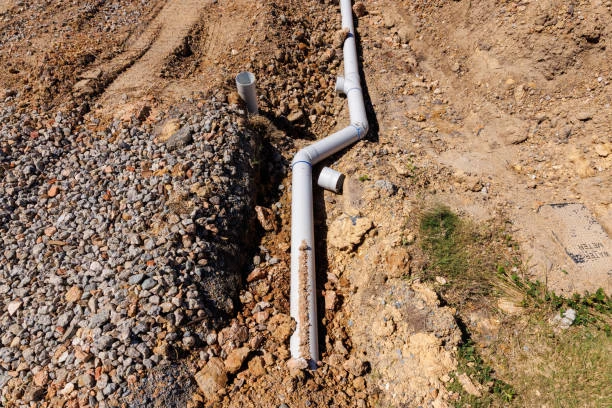Introduction
Lead water pipes have long been a concern for public health across the United States. In Natchitoches, Louisiana, the local government is taking proactive measures to ensure the safety of its residents by checking all homes for lead water pipes. This initiative not only aims to protect the community but also raises awareness about the potential risks associated with lead exposure. In this article, we will explore the importance of identifying lead water pipes, the health risks they pose, and what residents can do to ensure their safety.

Understanding Lead Water Pipes
Lead pipes were commonly useful in plumbing systems until the late 1980s due to their durability and ease of installation. However, it was discover that lead can leach into drinking water, especially if the water is corrosive. This contamination poses significant health risks, particularly for young children and pregnant women.
Why Lead is Dangerous
Lead is a toxic metal that can cause various health issues when ingested, including:
- Neurological Damage: Exposure to lead can impair brain development in children, leading to cognitive and behavioral issues.
- Kidney Damage: Lead can affect kidney function in both adults and children.
- High Blood Pressure: Prolonged exposure can contribute to hypertension in adults.
The Natchitoches Initiative
The recent decision by Natchitoches officials to inspect homes for lead water pipes is a crucial step in safeguarding public health. Here’s how the initiative will work:
Comprehensive Inspections
The city will conduct thorough inspections of all residential properties to identify the presence of lead pipes. Trained professionals will assess the plumbing systems and document their findings.
Public Awareness Campaign
Alongside the inspections, a public awareness campaign will educate residents about the dangers of lead water pipes and the importance of lead testing. Information will provide on how to identify lead pipes and what steps to take if lead is found in their homes.
Replacement Programs
If lead pipes are discover, the city plans to implement replacement programs to remove and replace these dangerous materials. This will be useful in collaboration with local contractors and public health officials.
How Residents Can Prepare
Residents of Natchitoches should take proactive steps to prepare for the inspection process. Here are some recommendations:
1. Know Your Plumbing
Homeowners should familiarize themselves with their plumbing systems. Knowing the materials used in your pipes can help you understand the potential risks. Lead pipes are often dull gray and can be easily scratched to reveal a shiny surface underneath.
2. Test Your Water
If you suspect you have lead pipes, consider testing your water for lead contamination. Home testing kits are available, or you can contact local health departments for assistance.
3. Stay Informed
Keep up-to-date with local news regarding the initiative. Attend community meetings or workshops that discuss lead exposure and mitigation strategies.
4. Use Filters
If you are concerned about lead in your drinking water, consider using a certified water filter that is designed to reduce lead levels. Be sure to regularly maintain and replace filter cartridges.
5. Advocate for Change
Join local advocacy groups that focus on water safety and public health. Engaging with community leaders can help drive initiatives aimed at improving water infrastructure.
Conclusion
The decision to check all Natchitoches homes for lead water pipes is a significant step toward ensuring the health and safety of residents. By identifying and addressing these potential hazards, the city is taking a proactive stance against lead exposure. Residents are useful to participate actively in this initiative by staying informed, testing their water, and advocating for a healthier community.
FAQs
- What are lead water pipes?
- Lead water pipes are plumbing pipes made from lead, commonly used before the late 1980s. They can leach lead into drinking water, posing health risks.
- How can I tell if my home has lead pipes?
- Lead pipes are usually dull gray and can be useful to reveal a shiny surface underneath. You can also contact a professional for an assessment.
- What health risks are associated with lead exposure?
- Lead exposure can cause neurological damage, kidney damage, and high blood pressure, particularly affecting children and pregnant women.
- How can I test my water for lead?
- You can use home testing kits available at hardware stores or contact your local health department for assistance with water testing.
- What should I do if lead pipes are found in my home?
- If lead pipes are discovered, consult with local officials about replacement programs and consider using water filters designed to reduce lead levels until repairs can be made.